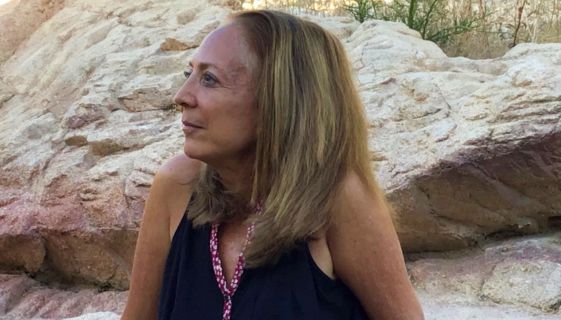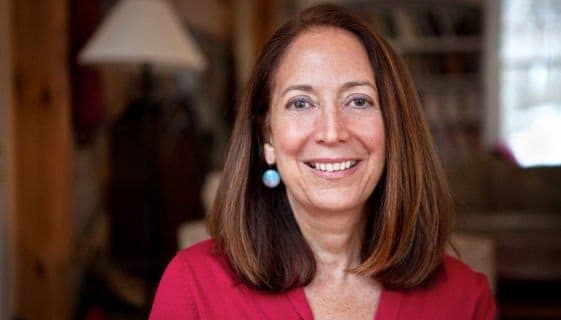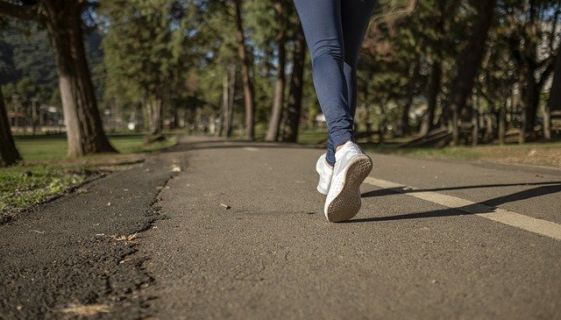“I ate well, walked every day, never smoked, and still got cancer. So much for the benefits of a healthy lifestyle.”
At the Anticancer Lifestyle Program, we hear this comment a lot. And it’s reasonable to ask us: Why spend time learning about healthy lifestyle behaviors when so many of us, in fact, had good habits when we first heard those dreaded words, “You have cancer”?
The reality is that you could live like a monk in a remote mountain cave – meditating, eating organic food, and drinking pure water from a mountain stream –- and still get cancer. Or, conversely, you could sit around every day watching TV and chain smoking while you knock back a pint of Jack Daniels — and never get cancer.
Cancer is mysterious and inescapably complex, and there are never any guarantees against this disease. In most situations, nobody knows why any particular individual gets a cancer diagnosis. But here’s what we do know: healthy lifestyle behaviors can reduce the risk – often significantly – of getting cancer or cancer recurrence.

Many people assume that cancer is just a bad roll of the genetic dice, but in fact, inherited genetic factors cause only about 10% of cancers. According to the American Cancer Society, approximately 50% of cancers are due to lifestyle behaviors, and some experts claim that the true stat is much higher.

This is why our team works hard to provide actionable, evidence-based tools, tips, and information about key aspects of healthy living, such as how to eat a healthy diet, integrate fitness into daily life, and reduce stress. Most people have a basic understanding of why healthy behaviors in these areas can be beneficial.

But when it comes to our environment module – where we teach ways to decrease daily exposures to toxic chemicals in the home – even our most eager participants experience some confusion, distress, and overwhelm. The question of “Why bother?” rears its head again: “If these toxic chemicals are everywhere and basically not regulated, why should I go to the trouble of trying to avoid them?” The reaction often mimics some of the classic stages of grief: first denial, then anger, then panic, and finally…not acceptance exactly, but something more like resignation.

But as we teach in our Program, the degree of exposure to environmental chemicals does matter. Look at it from the other end: we often find cancer clusters among people who work in factories making toxic chemicals, or who live in communities near chemical manufacturing (think the movie Erin Brockovich), or among farm workers who routinely use pesticides.
However, these types of extreme exposures are not the main worry for most people. Instead, the common concern is with the toxic chemicals lurking in our homes, which off-gas from products such as household cleaners that contain fragrance and other harmful chemicals, and daily activities like cooking, heating, and cleaning. In fact, according to the EPA, indoor air is typically anywhere from 2-100X more polluted than outdoor air.

By becoming conscious consumers, we can learn to choose products that contain zero toxic chemicals, and “vote” with our dollars for companies trying to do the right thing. Reducing our exposures makes sense—and can make a difference.

One small example: a study done on 100 teenage girls in California found that when they switched to healthier personal care products, the concentration of potent hormone-disrupting chemicals such as phthalates, parabens, triclosan, and benzophenone-3 (BP-3) in their urine decreased anywhere between 27 to 45 percent, after only three days. Several of these chemicals have been linked with cancer. Never think your choices don’t matter!
Learning to make healthier home purchasing decisions – for cleaning products, personal care products, food cookware and storage, carpets, furniture, and so forth – can seem overwhelming at first. But over time, you will get better at reading labels and looking things up, and learn which brands you can really trust.
Plus, there are so many great, affordable options these days, and it’s easier than ever to find healthy products. Apps like EWG’s Skin Deep and Guide to Healthy Cleaning, or Clearya, or Yuka, make shopping for healthy products quick and easy. And don’t worry about breaking the bank! For one thing, in our Program we encourage the use of fewer products overall and suggest simple and inexpensive options (such as vinegar and water for cleaning many items in your home).
No one is perfect at any of this. Thirty years after starting this process, I am still learning new things about healthy living, and still making adjustments. I recently baked a birthday cake and noticed that my old cake pans were Teflon-coated. I used them anyway and made a mental note to replace them with stainless steel at some point. In the other areas of fitness, diet, and mindset, I am constantly “falling off the wagon” and straying from my goals, but I just keep re-adjusting and re-starting. I am always learning, and improving my well-being bit by bit. It’s been a fun and interesting journey. I feel good about making healthy choices and don’t feel like I’m sacrificing anything in the process.

In the Anticancer Lifestyle Program, we encourage people to “look back – but don’t stare.” It’s fruitful to review lifestyle habits that might have increased inflammation and that did not contribute to your overall well-being. But in this process, try to focus on what you can change, not on what you can blame. We hope you will take advantage of all the expertise offered in our many free resources, and learn how to best support the miraculous healing powers of your body. Knowledge is power!
LEARN YOUR WAY: Discover our free eBooks, webinars, online course, recipes, and more to create your healthy, Anticancer Lifestyle.


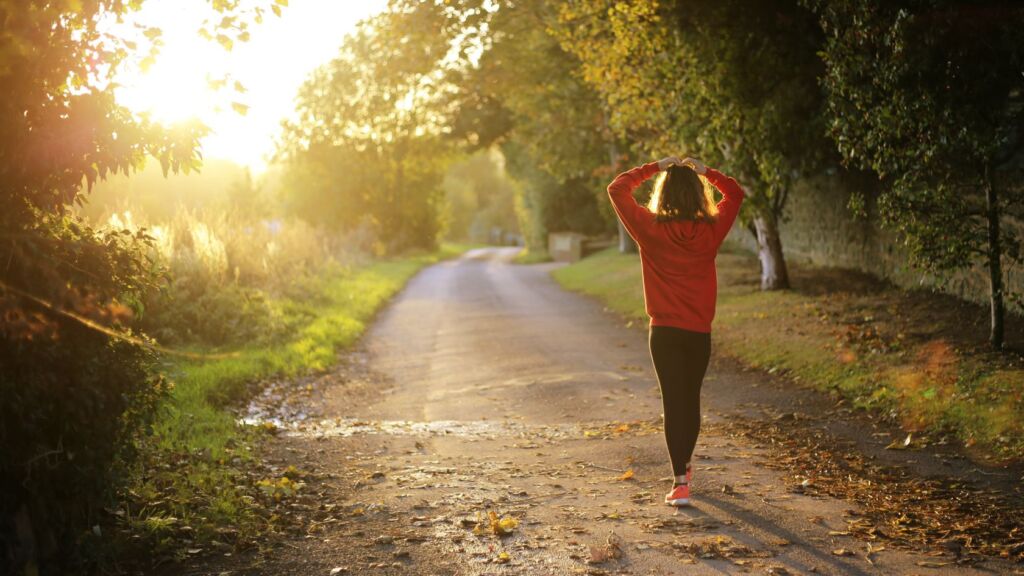
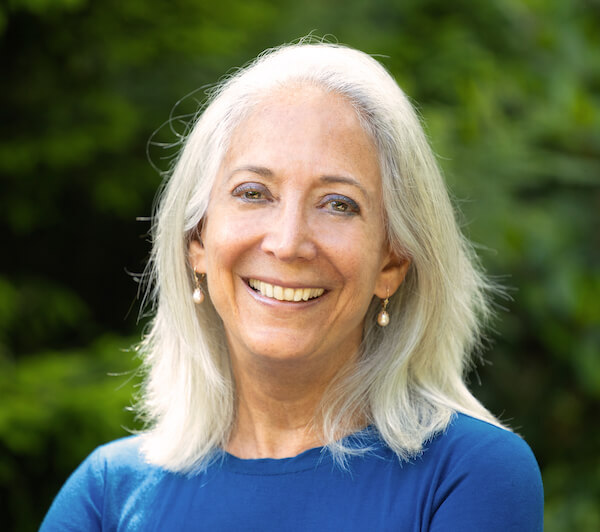 Meg Cadoux
Meg Cadoux 